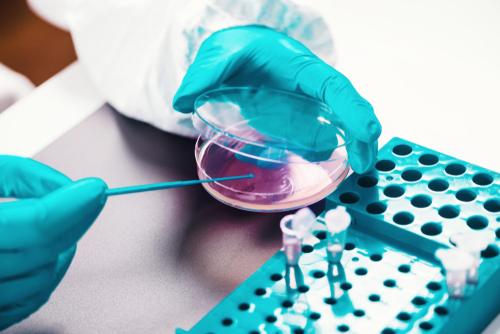
The Defense Advanced Research Projects Agency (DARPA) is working to develop new treatments to combat microbial infections.
Through its Harnessing Enzymatic Activity for Lifesaving Remedies (HEALR) program, DARPA seeks to use new tools and strategies to treat microbial infections. Specifically, DARPA, through the HEALR program, will work to identify targets for treating these infections, which could result in the deactivation of pathogen targets, thus stopping them.
Antibiotic resistance is increasing and has become a global health threat. The U.S Department of Defense (DoD) has recognized the increasing number of multi-drug resistant (MDR) organisms that have challenged the ability to adequately care for military personnel in Iraq and Afghanistan.
While this threat remains, many pharmaceutical companies have exited the antibiotic space. Current therapeutics, including MDR microbes and bacterial biothreats, can’t meet the increasing need. Further, existing methods to develop new treatments are either too slow or costly to be effective.
“HEALR presents the opportunity to identify drugs that are safer, more effective, and better address drug resistance and bacterial infections than existing therapeutic modalities,” Seth Cohen, program manager for the DARPA HEALR program, said. “By harnessing innate cellular processes, such as those exploited by proteolysis targeting chimeras (PROTACs) and similar approaches, HEALR intends to achieve superior outcomes over existing therapies.”




